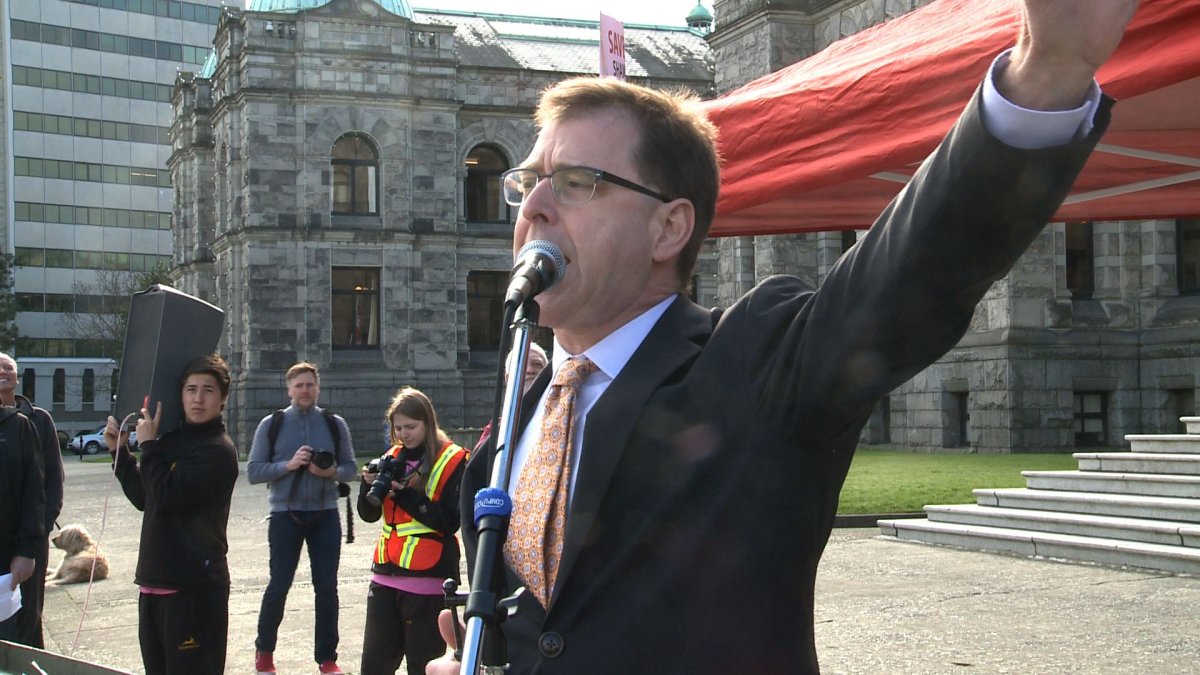The promise to get every British Columbian a family doctor by 2015 didn’t work out for the B.C. Liberals but B.C. NDP Health Minister Adrian Dix said getting people access to primary care providers is one of his top priorities for 2018.

“Part of our effort is to develop urgent care centres but also to work with doctors and nurse practitioners and others is to ensure that people get the care they need in their community, that they don’t end up in hospital because they don’t receive the appropriate primary care and that is a huge priority for the health care system and one I’m focused on,” Dix said.
WATCH: NDP announce plan to create urgent care centres in B.C.

The minister said there are challenges, particularly with the skyrocketing cost of finding space for family doctors to open practices and clinics.
“I think the future of health care is in team-based care. Health care professionals from doctors to licensed practical nurses to nurse practitioners to pharmacists being able to work to the full extent of their skills and work in teams,” he said.
According to the Canadian Medical Association Journal, about 15 per cent of British Columbians don’t have access to a regular family physician. The journal said with a new wave of physicians near retirement, the problem will only get worse.
- Canadian man dies during Texas Ironman event. His widow wants answers as to why
- ‘Sciatica was gone’: hospital performs robot-assisted spinal surgery in Canadian first
- Canadians more likely to eat food past best-before date. What are the risks?
- Invasive strep: ‘Don’t wait’ to seek care, N.S. woman warns on long road to recovery
“About 40 per cent of physicians are over age 55 so we are looking at quite a large number that could be retiring in the next few years based on the study that we did,” Lindsay Hedden of UBC’s School of Population and Public Health said in December.
Billing data shows the average doctor in the province retires at the age of 65, rural doctors retire two years earlier than that at the age of 63 and female physicians retire at 61.
Despite challenges, Dix said he’s committed to finding solutions to get people the care they need to keep them out of hospitals.








Comments